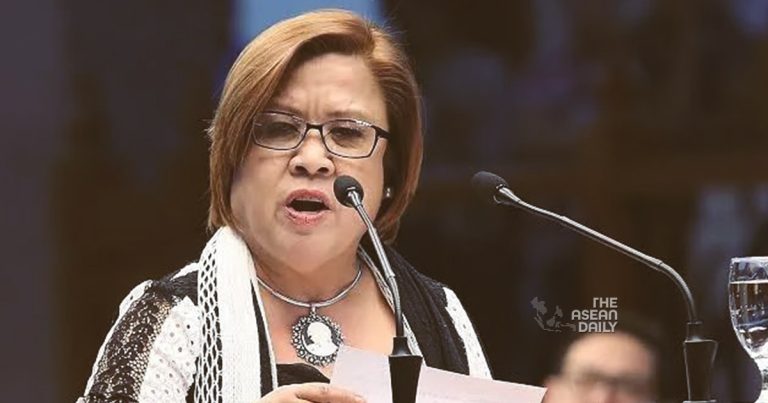14-11-2023 (MANILA) Senator Ronald dela Rosa struggled to articulate his views on the recent court decision granting bail to former senator Leila De Lima on November 13. Dela Rosa, the ex-Philippine National Police (PNP) director-general, mirrored the illogical discourse prevalent during the six-year tenure of former President Rodrigo Duterte, who orchestrated De Lima’s arrest on February 24, 2017.
Dela Rosa, also known as “Bato” for his iron-fisted approach, focused on two key points. Firstly, he emphasized the importance of respecting the separation of powers and the judiciary’s independence. Secondly, he attempted to deflect questions about the previous government’s weak case against De Lima, asserting that it had withstood legal challenges during Duterte’s presidency.
However, a quick review of news archives contradicts Dela Rosa’s claims of respect for judicial independence and the separation of powers, values he insisted Duterte shares. Duterte orchestrated attacks involving the legislature, particularly evident in the prolonged assault on ABS-CBN. Duterte openly expressed his desire to strip the network of its franchise extension, leading to its forced shutdown and his proclamation of “dismantling the oligarchy.”
Duterte also directed attacks and threats towards the judiciary early in his term. In August 2016, he brandished a list of alleged drug protectors, including government officials and judges. The list contained inaccuracies, and the premature pronouncement led to the ousting of then-chief justice Ma. Lourdes Sereno in 2018. United Nations Special Rapporteur Diego García-Sayán warned that the judicial independence of the Philippines was under attack, citing Duterte’s open hostility towards Sereno.
Throughout his presidency, Duterte targeted anyone opposing his agenda, labeling rights defenders as protectors of drug lords or terrorists. His aggressive stance extended to independent bodies like the Commission on Audit and the Commission on Human Rights. By the end of 2021, over 66 judges, prosecutors, and lawyers had been killed under Duterte’s watch, creating an atmosphere of fear.
In this climate of fear, Duterte launched calibrated attacks against De Lima, culminating in her arrest. The charges were accompanied by deliberate spread of falsehoods, including doctored sex tapes. Duterte’s supermajority in Congress played a crucial role in these attacks.
De Lima’s initial investigation into police anti-drug operations drew complaints from Dela Rosa shortly after he assumed the post of PNP chief. Duterte, fearing her probing into the alleged links to the “Davao Death Squad,” initiated personal attacks against her, accusing her of accepting money from drug lords.
Duterte’s vendetta against De Lima escalated, with promises of filing non-bailable charges. Despite her ousting from a Senate committee, De Lima continued to speak out, connecting cops and civilians to kill teams. Whistleblowers like Edgar Matobato and retired Davao policeman Arturo Lascañas surfaced, providing damning evidence to the International Criminal Court (ICC) about the DDS activities and implicating Duterte and his aides.
De Lima’s relentless pursuit of justice against extrajudicial killings laid the groundwork for whistleblowers to emerge, exposing the dark realities of Duterte’s administration.




